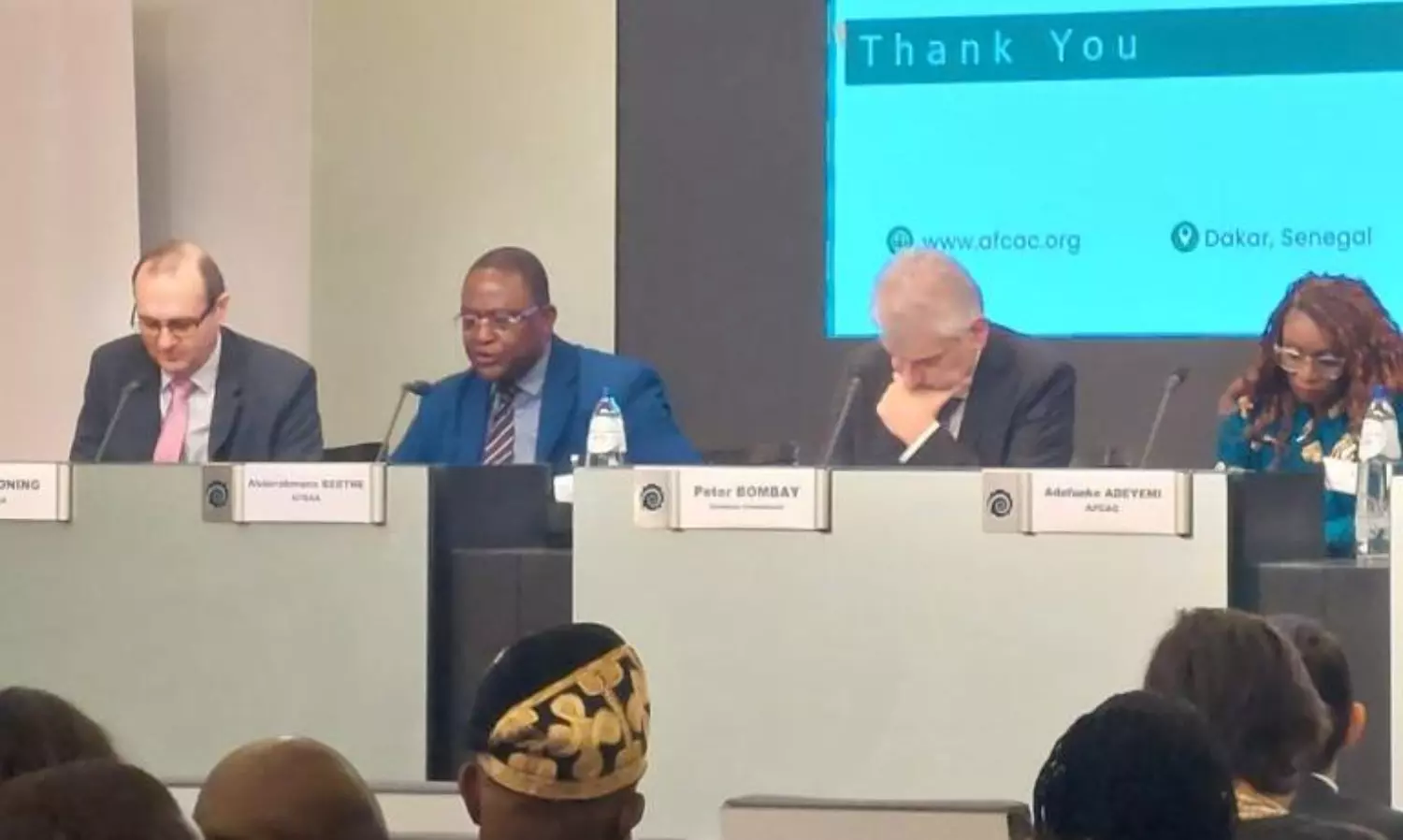AFRAA Secretary General highlights EU learnings at SAATM meet
"Traffic rights, by nature, are reciprocal. It is therefore critical to increase market size and facilitate access."

Abderahmane Berthé, Secretary General, African Airlines Association (AFRAA) intervened in a panel session during the Connecting Europe Days on the Single African Air Transport Market (SAATM) on lessons learnt from the air transport liberalisation in the European Union (EU) that can be useful for SAATM.
“The air transport market in Africa is relatively small, we have seen some protectionism attitudes aiming to protect national carriers," said Berthé. "Of course, this is a wrong approach because, by nature, traffic rights are reciprocal. It is therefore critical to increase the market size and facilitate its access.
"To achieve this, the following need to be addressed:
*Affordability of air transport for African citizens: reduce the cost of operations and taxes and charges.
*African economy growth: GDP per capita (only 15% of global GDP per capita).
*Trade and tourism development: Intra-Africa trade is below 20 percent compared to more than 50% in other regions. Intra-Africa tourism is very small. In Africa when we talk about tourism, we are looking at tourism from non-African regions.
*Facilitation of air travel through visa openness is also critical. 50 percent of African citizens need a visa to travel within Africa.
*Airlines’ cooperation: commercial agreements and partnerships are essential to improve connectivity. AFRAA route network and cargo coordination is aimed at creating a forum for airlines to cooperate. Another success factor is airline consolidation. Over the past 18 years, the African continent has had the lowest level of market consolidation compared to the other regions in the globe. The engagement of states, airlines and all the relevant stakeholders is necessary to effectively achieve the required outcomes on airline consolidation in Africa."
The session looked into SAATM as a key to open the door for aviation to play a major role in connecting Africa, promoting its social, economic and political integration and boosting intra-Africa trade and tourism. The event was organised by the European Commission together with the Belgian Presidency of the Council in Brussels.


